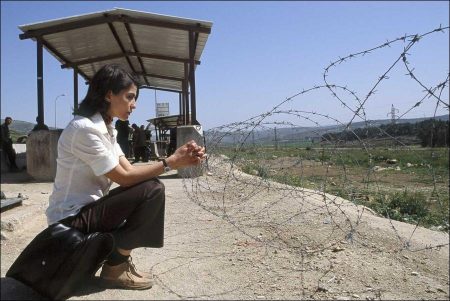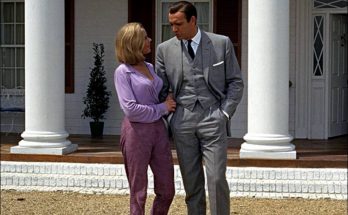
Palestinian Cinema. Looking at the history of cinema, it is noteworthy that Palestinian cinema has developed qualitatively but not quantitatively in recent years. Since Palestine has been struggling with Israel for years, its cinema carries the traces and effects of this struggle. Palestine’s cinema, which has been struggling for independence for years, takes its place in the third cinema as the peoples of the third world countries adopt the anti-imperialist struggle according to Solanas and Getino.
Since the beginning of the Palestinian Cinema, short films and documentaries have been one of the reasons of this situation, the victims of war and unjust occupation of Palestinians and the sufferings they suffered was to document the situation. Another reason was that the Palestinians did not have the appropriations to be allocated for feature lengths and their economies did not allow it.
The pervasive existence of absence constitutes the creative essence of the Palestinian Cinema (framing the thematic integrity / non-completeness and aesthetic possibility / impossibility). The outstanding feature of Palestinian Cinema is a repressed violence, an uneasy pride, and a slipped violence. The ultimate feature of what we might call a Palestinian cinema is the repression of repressed anger into mutated criticism – in a sense, the aesthetic existence of the lack of the political.
In fact, it is possible to observe the traces of repressed anger in almost all films when looking at all of the films in the Palestinian cinema. The desire and effort of a public to be ignored dominates most of the films. An undesirable nation, a people, the struggle for existence, the struggle for life frequently deals with it in their films. In particular, these culturally occupied people bring the difficulties of trying to keep their culture alive on the screen and try to prove their belonging here.
The declaration of Israel as a state on the Palestinian territories in 1948 brought thousands of Palestinians to exile, and to be misplaced. After this event, many of the Palestinians had to live in refugee camps and many of them started to be treated as second class people in their own lands. The emigration of some Palestinians to various countries of Europe has led the new generation of Palestinians to bring their realities to the big screen. Palestinian directors such as Michel Khleiff, Rashid Masharavi, Mai Masri, Elia Suleiman, Hany Abu Assad and Annemarie Jacir are the names that bring this realism to the screen successfully.
Few of the films in Palestinian cinema are fiction-wide short films and documentaries. The small number of feature films makes it important to mention three feature films. Hanny Abu Assad, Elia Suleiman and Micheil Khleifi, each with an example of the Israeli-Palestinian Question in the cinema is important to show the representation. Hanny Abu EEsad’s Paradise Now, Elia Solomon’s Sacred Resistance, and Michel Khleifi’s Wedding in Galilee are handled within the framework of the Israeli-Palestinian Question in Palestinian Cinema. The Promised Paradise film deals with the Israeli-Palestinian Question through suicide bombers, people resisting the Holy Resistance, and Wedding in Galilee, through the efforts of the village headman who had to deal with the Israeli bureaucracy to marry his son.
Next Page: Paradise Now and its importance in Palestinian Cinema.
Views: 245


